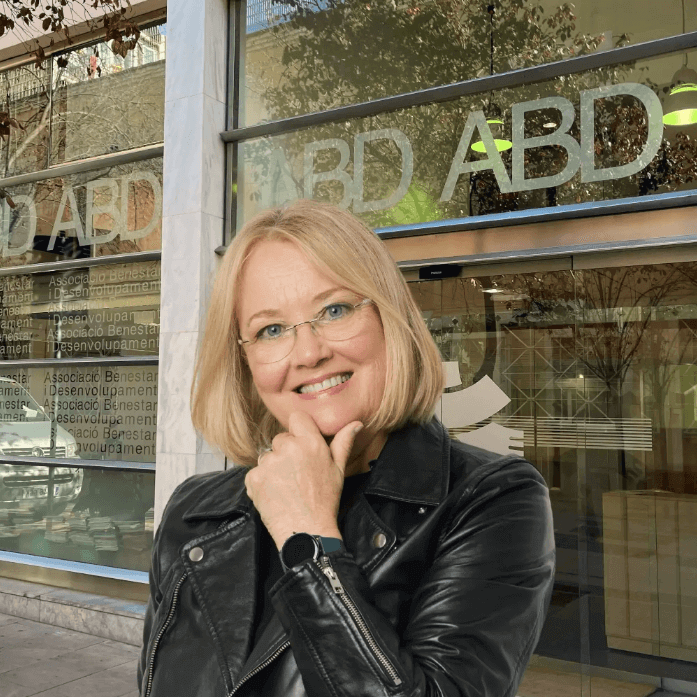
Aging is not a disease, it is a natural and universal process; aging is living, whatever the stage of life, and doing so with the best possible well-being.
Reducing inequalities, ending discrimination and exclusion that leave people outside and behind in society, is one of the key and transformative values of the 2030 Agenda for Sustainable Development. Population ageing is one of the most significant social transformations of the 21st century, which is having consequences in almost all sectors of society (financial, health, social, housing, and family and community relations).
Unwanted loneliness today is a notorious concept in our society; we know that it can affect anyone regardless of their age and/or condition, but we cannot ignore that the Covid pandemic uncovered and made visible this silenced, invisible feeling, which suffers an important segment of our society: the elderly. Unwanted loneliness is a subjective feeling that depends on the individual perception of the person, caused by situations of mismatch due to personal circumstances and the environment, they are forced situations, unchosen situations, which may or may not be accompanied by social isolation .
This situation of “unwanted loneliness” is the result of many risk factors. The trigger for this feeling that consolidates like the roots of a tree and becomes stronger and stronger is “loss”. Leaving part of one's health, loved ones, being more vulnerable to dependency, losing the support of family, friends, partner, neighbors, community network, losing the habitability of the home, accessibility… and the loss of autonomy, understood as the ability to make one's own decisions, the ability to choose.
This forced, unchosen solitude has negative consequences on health: it increases the risk of suffering from certain diseases and influences low self-esteem, depression and other situations that condition the personal well-being and quality of life of any person. Although it is experienced by both men and women, “Loneliness” has a female name: it is a traveling companion of many elderly people, with a significant incidence in women, especially in older ages. In a study carried out by the Association for Wellbeing and Development Grup ABD between 2019 and 2021, 34.15% of people surveyed in Spain suffer from unwanted loneliness (quantitative assessment), while at a qualitative level it is 52.6%; of these, 78% are elderly women (70-84 years old) who live alone.
Another risk factor that contributes to the exclusion of some older people from society, favoring isolation and increasing numbers of people suffering from unwanted loneliness, is the disruption of technologies. However, they also offer us many opportunities.
It is important to emphasize protective factors to avoid it, such as a good support network, having an optimal degree of autonomy to generate socialization opportunities, accessibility to friendly and inclusive environments in the community, resilience capacity, implementing new care and support services, as well as promoting a cultural change that raises awareness about the value of aging.
This forced, unchosen loneliness is one of the major challenges that has not yet been resolved, although specific measures and actions are being implemented as part of public policy strategies, both at a preventive and intervention level. However, these are not enough. Without going any further, a study by the London School of Economics concludes that ten years of loneliness for an elderly person represents an additional expense for public coffers, while for every euro invested in prevention, three euros would be saved.
We must be aware that the dimensions of care for the elderly are increasingly important and necessary and that it is now, not in the future, when large-scale solutions are needed to respond to new and different needs, with economic investments that allow for financial, environmental and social sustainability, without turning our backs on technological innovation.
Aging is not a disease, it is a natural and universal process; aging is living, whatever the stage of life, and doing so with the best possible well-being. For all this we have a shared responsibility , the solutions of which involve both the participation of society and the different institutions.



Add new comment